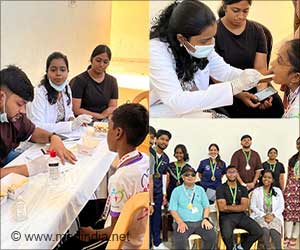Aetna, a major US insurer, has announced an initial grant of $50,000 to support the work of the National Kidney Registry, a nonprofit that specializes in matching organs.
Nearly 80,000 Americans are currently waiting for a kidney transplant, but the odds of getting one soon are grim. Only 17,000 transplants are performed annually, and many candidates wait years on dialysis or die in the meantime.The growing number of paired kidney swaps and, more recently, donor chains take a mathematical approach to solving the country’s kidney shortage. Swaps involve two or more pairs of recipients and donors, often family members. One pair is incompatible with each other but the donor matches the recipient in another incompatible pair, whose donor matches the other recipient.
Transplant chains take it one step further with a domino approach, in which a mismatched donor “pays it forward” by giving to another patient with an incompatible donor, and so on. The matching approach could lead to hundreds, if not thousands, of additional live-organ transplants, but only as the donor-recipient pool grows.
Aetna is also planning a mass-communication campaign to encourage its 3,385 plan members who are waiting for a kidney to sign up with the registry in the hope they bring their own incompatible donors with them.
The move makes a lot of sense for a health insurer, says Aetna President Mark Bertolini, who donated his own kidney to his 23-year-old son, Eric, a cancer survivor, two years ago. The yearly cost of dialysis is approximately $50,0000 compared with $8,500 to treat someone who is recovering from a transplant. “We’ll encourage all of our competitors to do this, too,” he said.
The National Kidney Registry has already facilitated 31 life-saving transplants over the past 14 months including the first ever multi-center six-way swap. The Registry currently has matches identified for 36 additional patients with incompatible donors.
Advertisement
Source-Medindia
GPL/S






